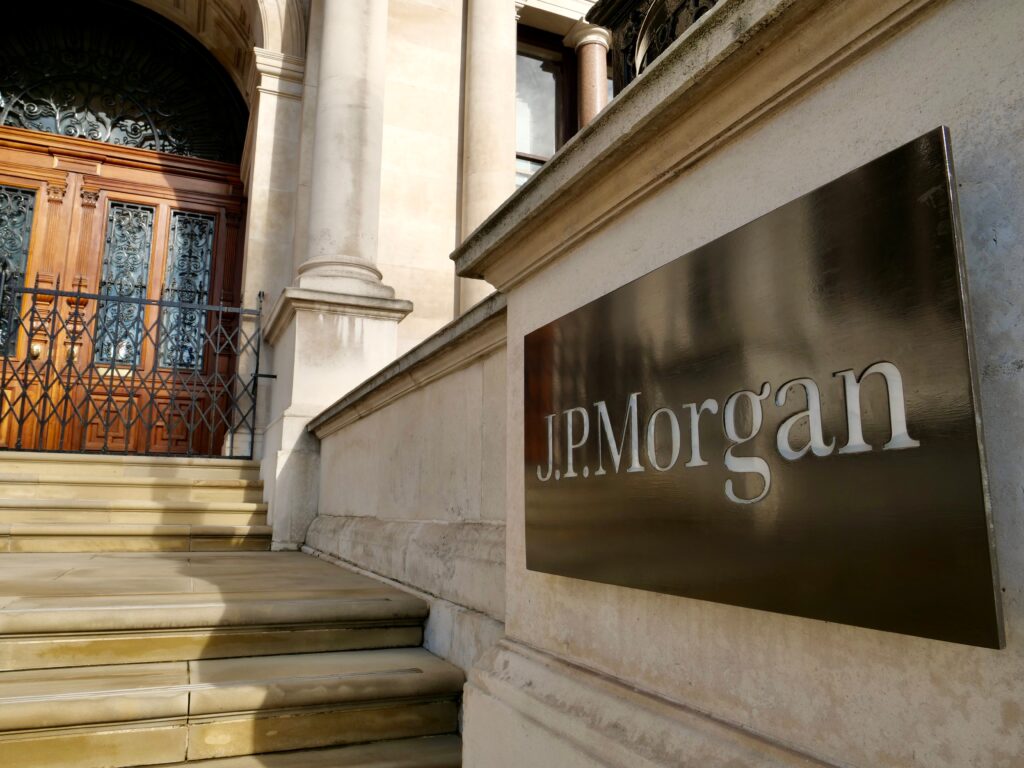JP Morgan, one of the world’s largest banks, is under fire for investing over £200 million in Glencore, a mining giant accused of environmental harm in South Africa. This revelation has sparked outrage from environmental groups, questioning the bank’s commitment to sustainable investing.
The Rise of Sustainable Investing
Sustainable investing is gaining traction worldwide. More and more investors want their money to support environmentally responsible companies. JP Morgan, among others, has responded by offering “sustainable” funds. These funds claim to invest in businesses that follow strict environmental, social, and governance (ESG) guidelines. By 2030, sustainable investments are expected to surpass $40 trillion globally.
However, recent controversies have raised doubts about the integrity of these funds. Critics argue that some funds labeled as sustainable are actually investing in companies that fall short of true sustainability. One such example is Glencore.
Glencore’s Troubling Environmental Record
Glencore has faced multiple allegations of environmental violations in South Africa. The company operates several coal mines in the Phola region of Mpumalanga, an area already struggling with water contamination and pollution. A South African government report revealed that Glencore’s Tweefontein coalmine has repeatedly violated environmental regulations since 2017.
These violations include contaminating local water sources, improperly storing hazardous waste, and neglecting essential infrastructure. Residents in the area have reported health issues, many linked to drinking polluted water. Despite multiple warnings, Glencore continued to break environmental laws, with some breaches continuing into late 2023.
JP Morgan’s Investments in Glencore
An investigation by the Bureau of Investigative Journalism, Voxeurop, and the Daily Maverick uncovered that several of JP Morgan’s sustainable funds have holdings in Glencore. These funds are marketed as environmentally responsible, but some have up to 49% of their investments in companies without any sustainability restrictions. Critics argue that these funds mislead investors about the true nature of the companies they support.
Jakob Thomä, CEO of Theia Finance Labs, a climate think tank, stated that many investors may be unaware of how little sustainability is required for these funds. He also suggested that some of these funds may violate EU laws that prohibit misleading commercial practices.
Calls for Action Against Glencore
Campaigners have called on JP Morgan to stop investing in Glencore. Mariette Liefferink, the head of the Federation for a Sustainable Environment, wrote to Chuka Umunna, JP Morgan’s head of sustainable solutions. In her letter, Liefferink urged the bank to review its investments, especially given Glencore’s poor environmental track record.
Environmental advocates argue that regulators are failing to hold Glencore accountable. They stress that the company should be prevented from continuing its operations, especially when it disregards environmental laws. Without strict enforcement, they believe, companies like Glencore will continue to harm the environment.
The Growing Concern Over ESG Investments
The controversy surrounding Glencore has brought attention to the broader issue of ESG investing. Many investors are becoming more cautious about “greenwashing,” where companies claim to be sustainable but fail to meet true ethical standards. Clear regulations are urgently needed to ensure that ESG funds actually support responsible businesses.
The lack of transparency and oversight in the ESG sector means that investors may be unintentionally supporting harmful practices. This has led to calls for stricter rules to define what qualifies as a sustainable investment. Without such regulations, it will be difficult to restore trust in ESG funds.
JP Morgan’s Response and Ongoing Scrutiny
Despite the backlash, JP Morgan has refused to comment on its investments in Glencore. This silence has raised further questions about the bank’s commitment to ethical investing. While JP Morgan markets its sustainable funds as responsible, its continued investments in controversial companies like Glencore suggest otherwise.
The Future of Sustainable Investing
The Glencore scandal highlights the need for stricter oversight in sustainable investing. To rebuild trust, financial institutions must ensure that their investments align with their ethical promises. Investors, too, should be more cautious and demand transparency from the companies they invest in.
As the demand for sustainable investments grows, the industry must step up. Clearer guidelines, stronger regulations, and better transparency are key to preventing future greenwashing. For now, campaigners continue to push for change. They argue that companies like Glencore must be held accountable for their environmental impact, regardless of their size or influence.
For more updates on financial news, visit New York Mirror.


